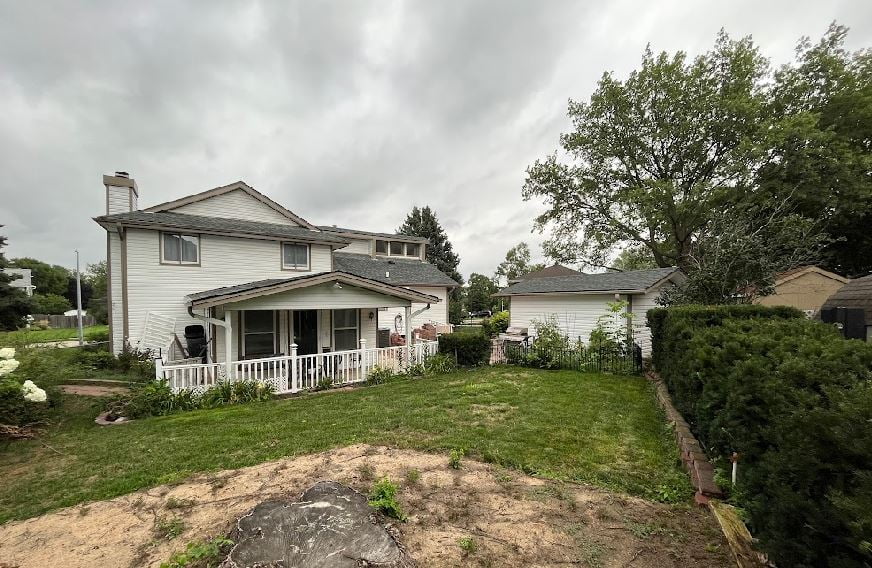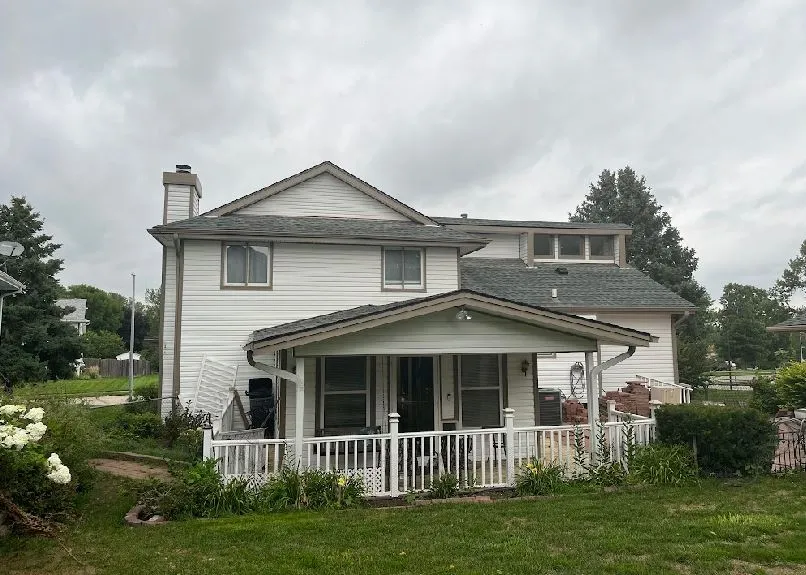The economy, like the weather, can have sunny days and stormy ones. When things get stormy, it can be really tough for everyone.
The housing market is one area that feels the sting of a bad economy very sharply.
In this post, I’ll explain how economic downturns lead to more distressed properties.
Also Read: Other Causes Of Distressed Homes
The Impact Of Economic Recessions
A recession happens when the economy isn't doing well for a while.
This means the country's total economic activity, called GDP, is shrinking. People start losing their jobs, and not as many people are spending money like they used to.

With less income coming in, it gets harder for homeowners to keep up with their mortgage.
And if they miss too many mortgage payments, they could end up defaulting, which is just a fancy way of saying they can't pay back their home loan.
That's when properties become "distressed."
Let me break this down in more detail:
#1 Job Losses And Unemployment
One of the biggest issues during a recession is job losses.
When companies are struggling, they often have to start cutting costs which usually means laying off workers or getting rid of jobs altogether.
Without a steady paycheck, paying the mortgage becomes nearly impossible for a lot of homeowners.
Even if they manage to find new jobs, they might not make as much money as before, which makes it even harder to keep up.
Also Read: How Job Loss Can Cause Distressed Properties
And it's not just about individuals struggling.
Widespread unemployment means everyone's spending less overall, putting an even bigger strain on businesses and just making the whole economic mess worse.
It eventually becomes this vicious cycle of people not having money to spend, leading to more layoffs and foreclosures piling up.
The longer this nightmare drags on, the more homeowners end up missing mortgage payments and getting foreclosed on, adding to the glut of distressed properties just sitting on the market.
#2 Decline In Housing Prices
A tanking economy also takes a massive toll on housing prices.
Usually, when things are tough economically, people aren't as eager to buy houses.
They're more careful with their money and less confident about making big financial moves like buying a house. So, there aren't as many people looking to buy homes.
At the same time, there might be a lot of homes up for sale from all the foreclosures and short sales happening.
More supply, less demand? You can probably guess what that does to home values.
They nose dive harder than a drunk driver taking a sharp turn.
And that puts a ton of homeowners in an awful spot. Some might even end up underwater, where they owe more on their mortgage than what their house is actually worth now.
Also Read: Distressed homes impact on values
At this point, some might decide it's better to stop paying their mortgage, thinking it's a smart financial move since they don't have any equity left in their home anyway.
And this just adds to the number of distressed homes in the market.

#3 Tightening Credit Markets
During recessions, banks and lenders also get way stricter about giving out loans and credit.
They're worried about more defaults, so they raise their standards for qualifying.
This means homeowners have to meet stricter requirements to get loans - you need a higher credit score, more money for a down payment, and they really scrutinize your income and job situation.
This makes it super hard for struggling homeowners to refinance their mortgages or get new loans to help them stay afloat.
With fewer options to get back on track financially, more of them end up in foreclosure.
Government Intervention And Policies
The government sometimes tries to step in and help during these situations.
They might offer programs to modify people's mortgages and make the payments cheaper, or give homeowners some temporary financial assistance to avoid foreclosure.
Sometimes, they might even offer things like tax breaks or incentives for people buying homes for the first time, or for doing renovations, all aimed at boosting the housing market and getting things moving again.
But whether these policies actually make a dent depends on how bad the recession is and how well the programs are implemented.
Sometimes the help just isn't enough to stop the tidal wave of distressed properties from building up across the country.

